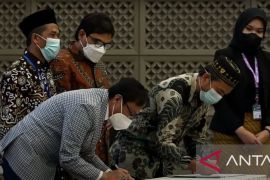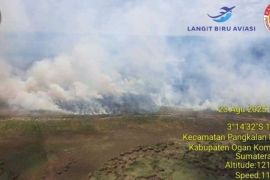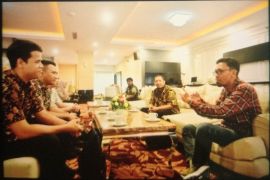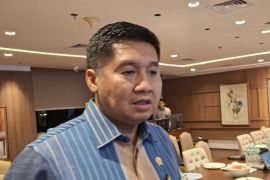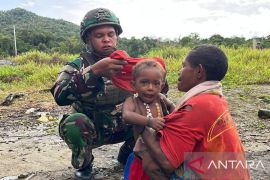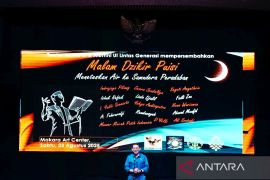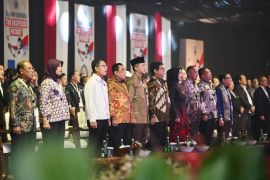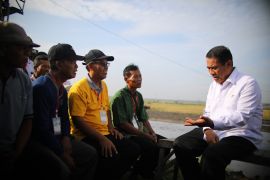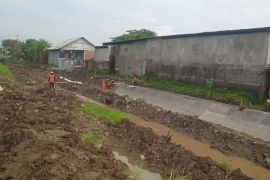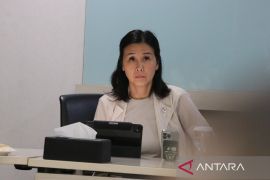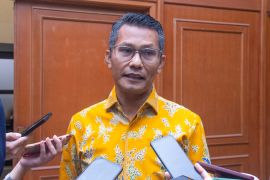Sjarief continued that the Workshop themed "Women Empowerment and Poverty Alleviation through Seaweed" aims to promote the implementation of maritime and fishery skill and dexterity in the socio-economy sector. Furthermore, the Workshop is instrumental to develop the human resource capacity, competitiveness, and mindset to oversee the development of the marine and fishery sector in the future. "The cooperation is also a follow up coming on the heels of the marine and fishery MoU signed by the Ministry and the General Director of FAO on May 27, 2013," Sjarief stated.
Sjarief added that there are four south-to-south cooperation programs on the aquaculture training which was attended by 17 participants coming from10 countries (Bahrain, Cambodia, India, Indonesia, Iran, Myanmar, Oman, Saudi Arabia, Sri Lanka, and Thailand). The first program, which was organized in Bali, on Aug. 25 - Sep. 8, 2013, was successfully completed. The second program participated by 11 countries (Zambia, Namibia, Burkina Faso, Mali, Cambodia, Fiji, Myanmar, Bangladesh, Laos and Indonesia), has currently been conducted in Sukamandi Aquaculture Research Center from Sept. 30 to Oct. 13. The third program, the Seaweed International Workshop, will be participated by 150 participants and 19 keynote speakers spanning of six local speakers and 13 international speakers sourced from FAO, the Philippines, South Korea, Tanzania, China, Portugal, Italia, France, Australia, and Germany. "The last program, the Tuna Monitoring Workshop, will be hosted in Bali, Oct. 20-22. The participants and speakers are from Vietnam, Myanmar, Malaysia, the Philippines, Indonesia as well as FAO and United States' National Oceanic and Atmospheric Administration," Sjarief explained.
The future of seaweed
According to Sjarief, the seaweed is a potential Indonesian commodity whose production always increases from year to year. In the past year, Indonesia was one of the world's largest seaweed producers. Referring this fact, the future's seaweed farming and processing industry will certainly be developed in the market, and it consequently will create jobs, revenue and economic improvement for businesses. "In this workshop, we underline the importance of women's empowerment in the preparation of seaweed cultivation, processing and marketing to help achieve that goal," he said.
Sjarief asserted, to achieve that goal, MMAF has prepared a strategic plan - the Industrialization Program of Marine and Fisheries. The program is based on the blue economy principles to build four fishery development pillars - pro-poor, pro-job, pro-growth and pro-environment. The marine and fishery industrialization is expected to have a value-added increase in marine and fishery products, followed by the increase of competitiveness, the modernization between upstream and downstream production, the strengthening of marine and fisheries entrepreneurs focused on primary commodities as well as the establishment of the natural resources distribution with the unified management. "In addition, the blue economy-based industrialization of marine and fisheries will help maintain the marine and fishery conservation, and it eventually can encourage social transformation as it changes the way people think and behave," he concluded.
For more information, please contact:
Anang Noegroho
Head of Statistic and Data Center
The Ministry of Marine Affairs and Fisheries
+6221-3519070
Editor: PR Wire
Copyright © ANTARA 2013
